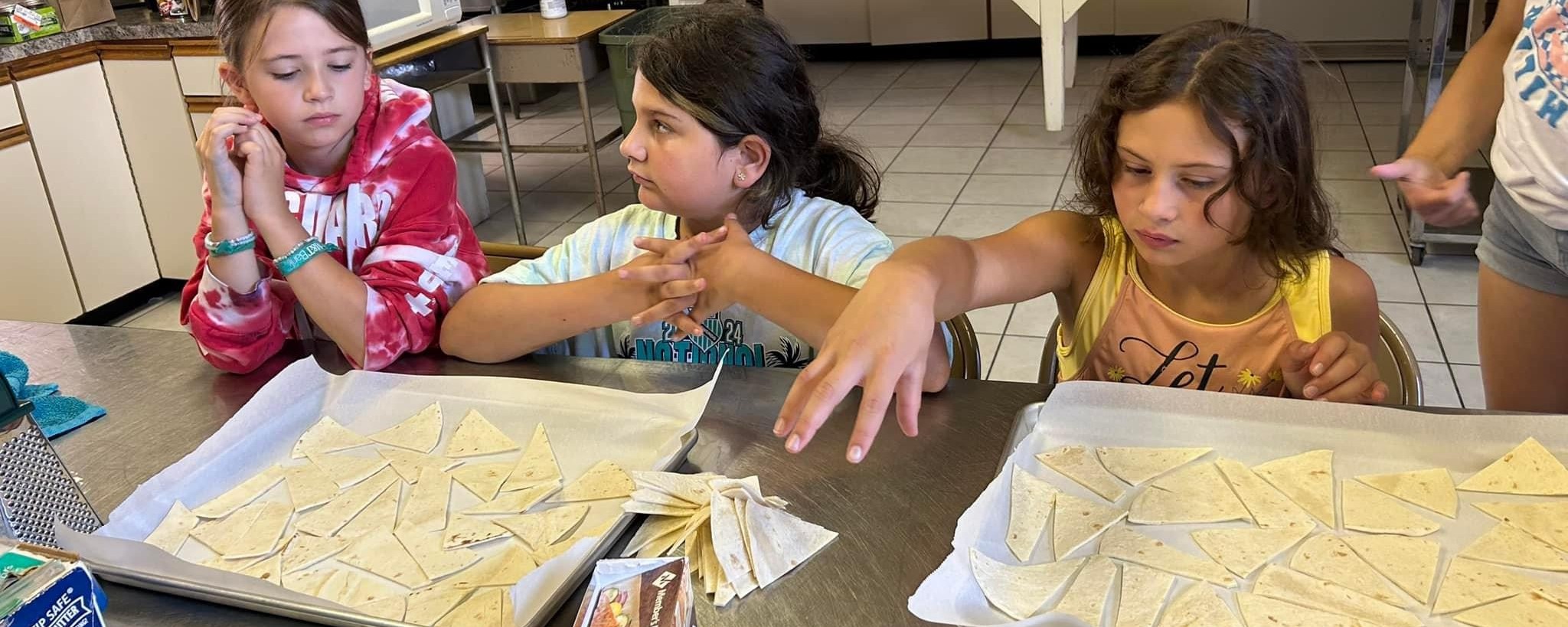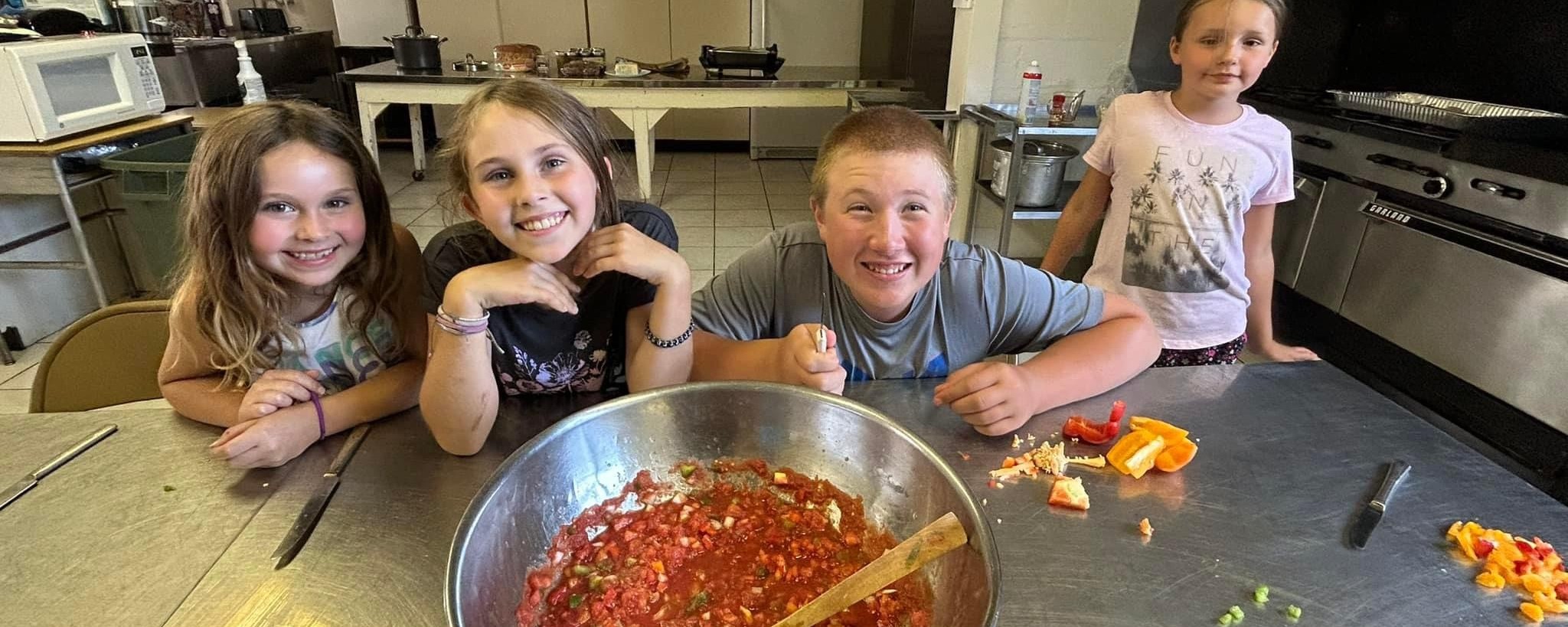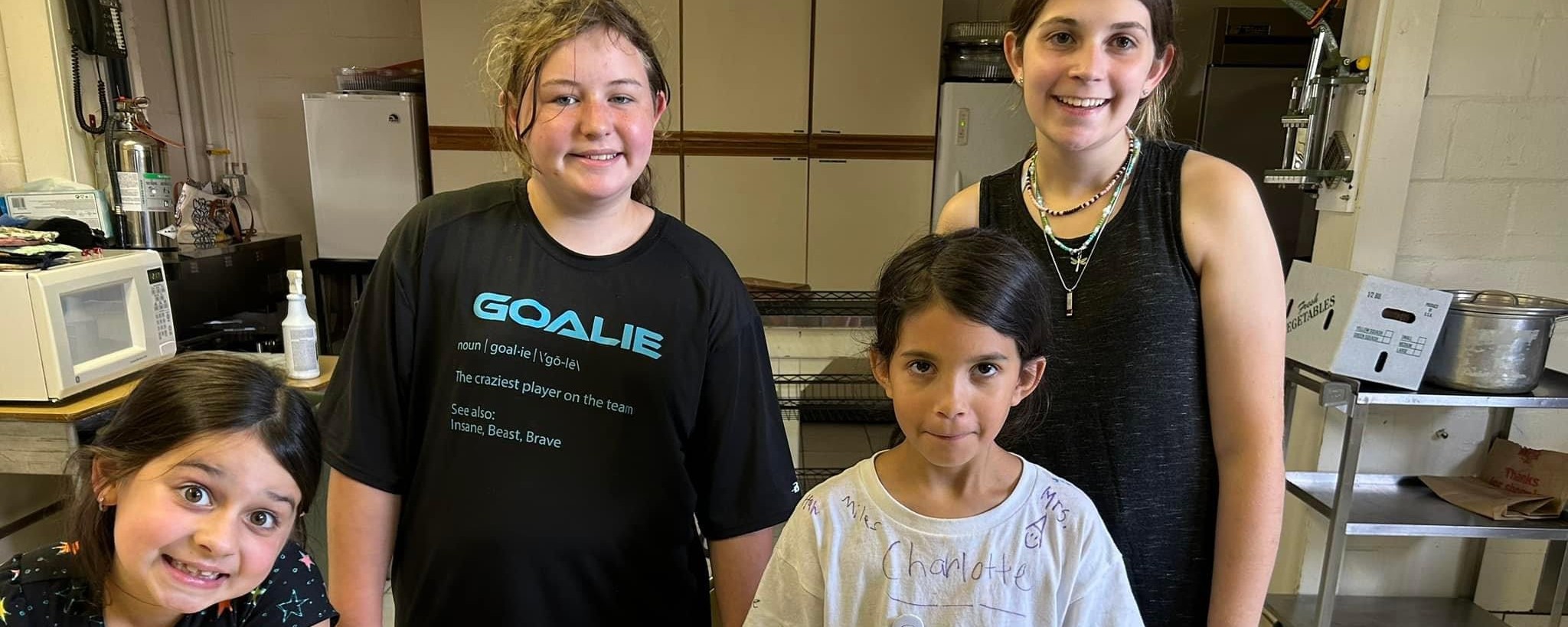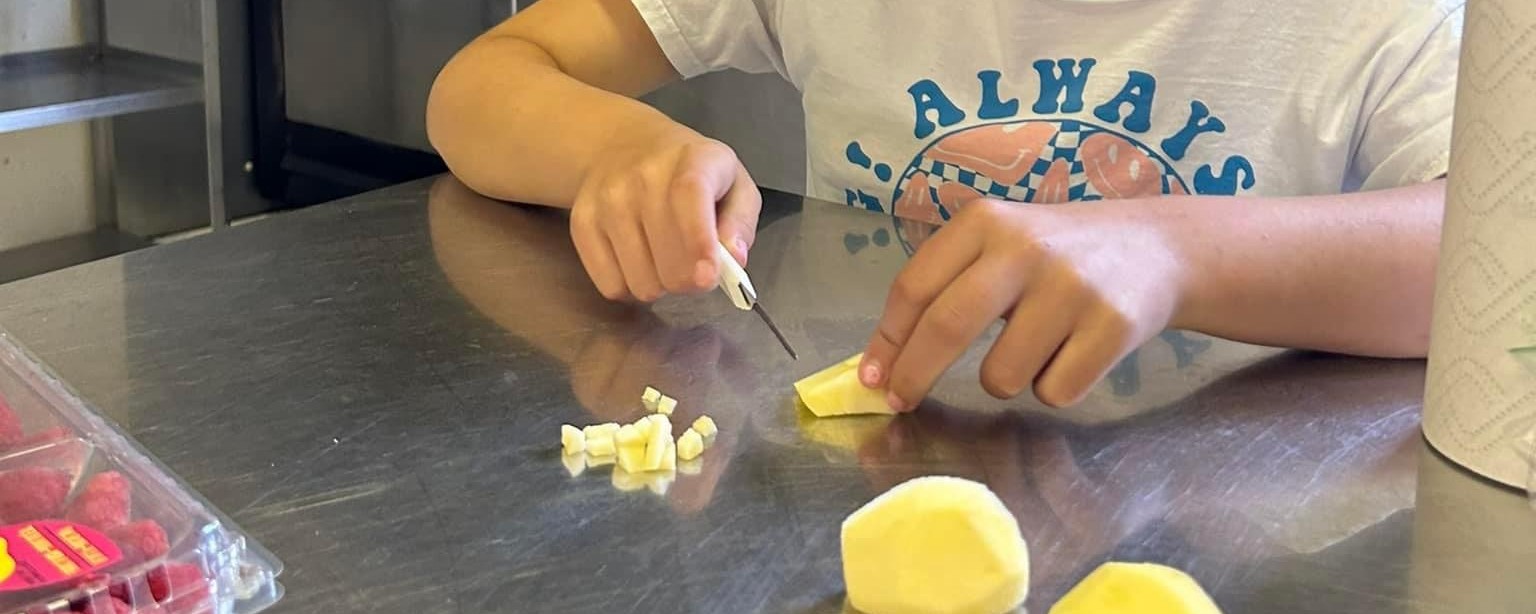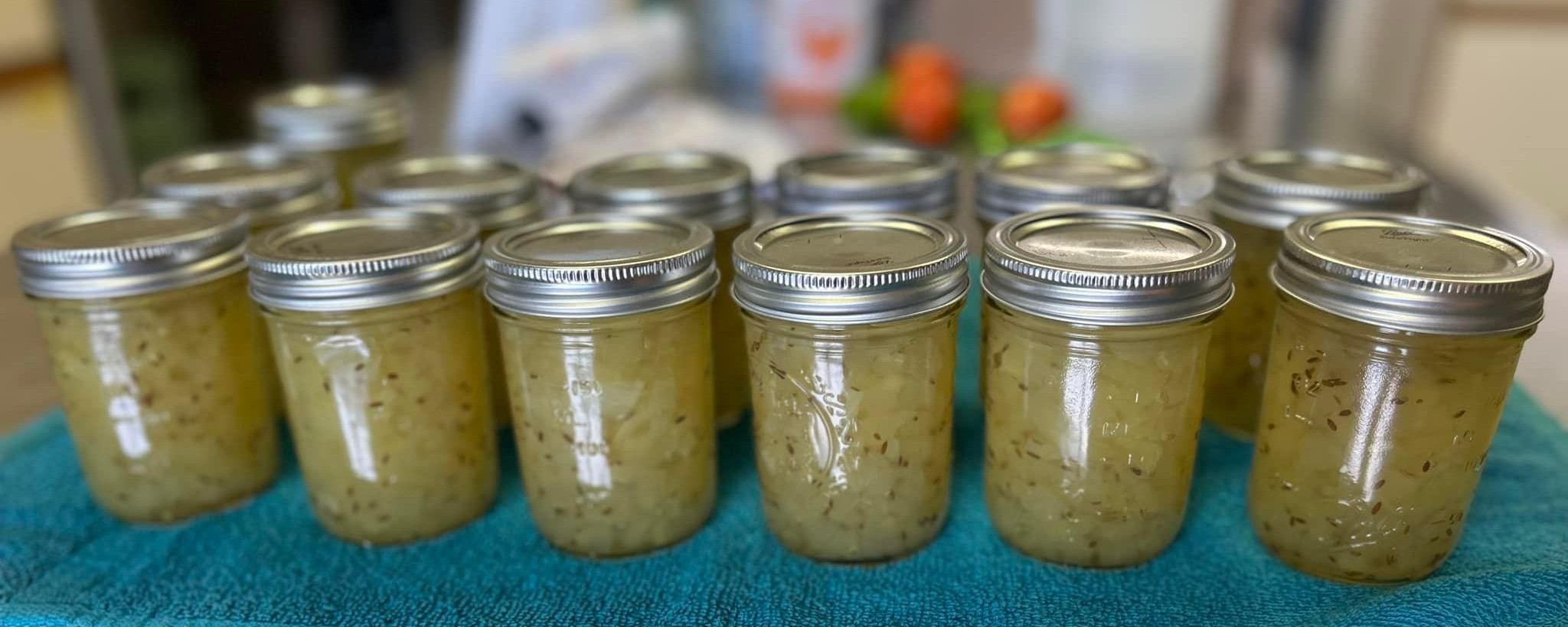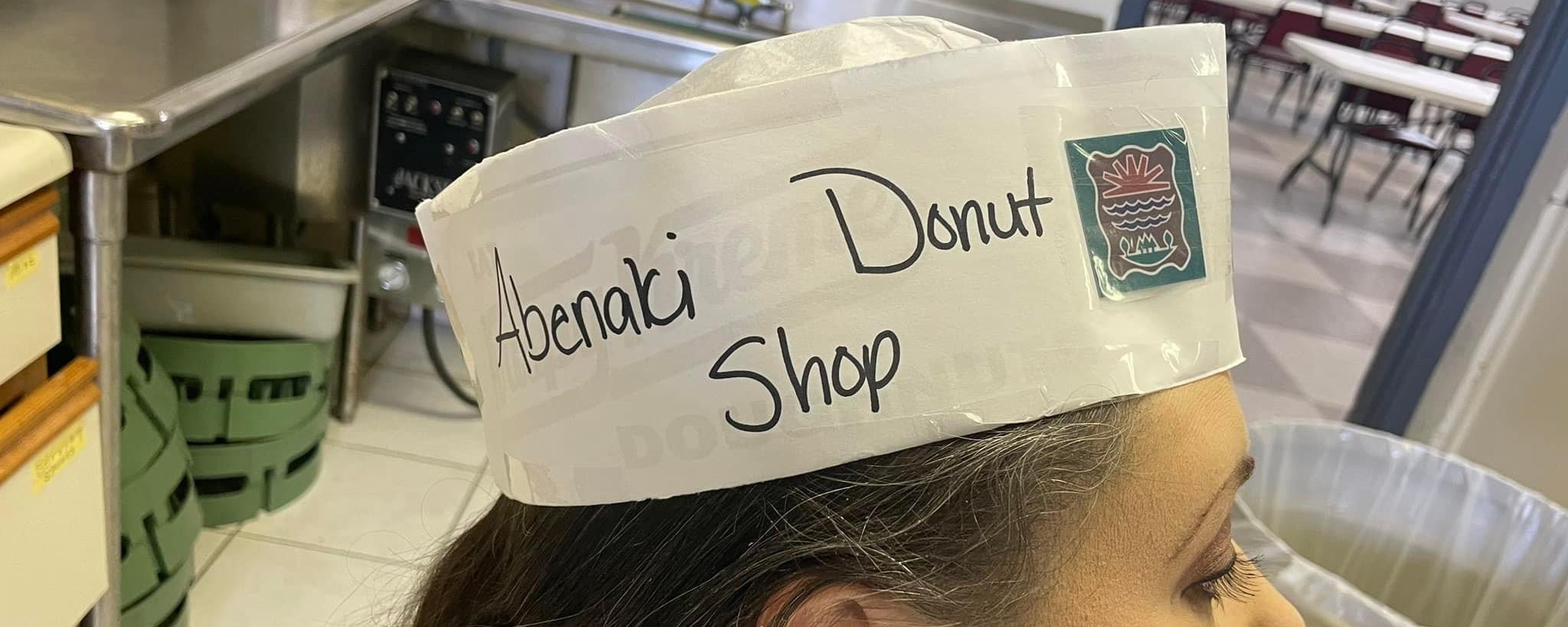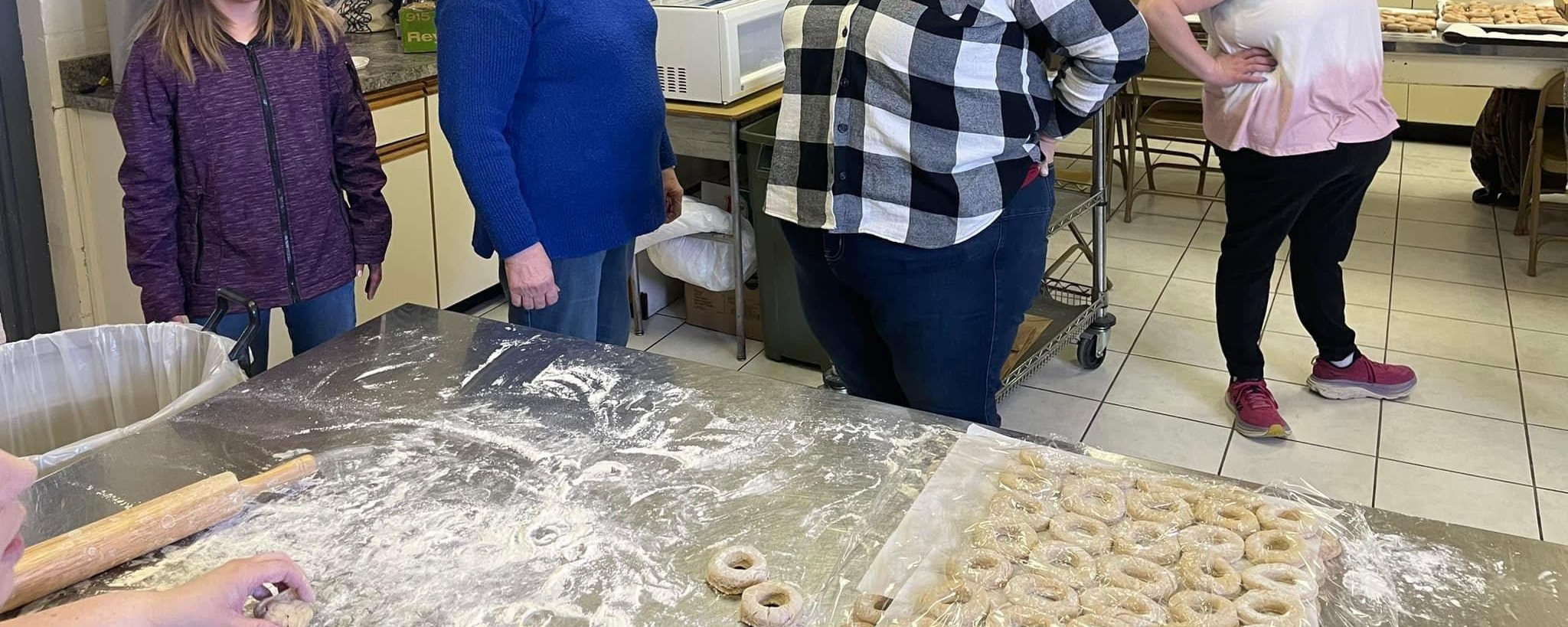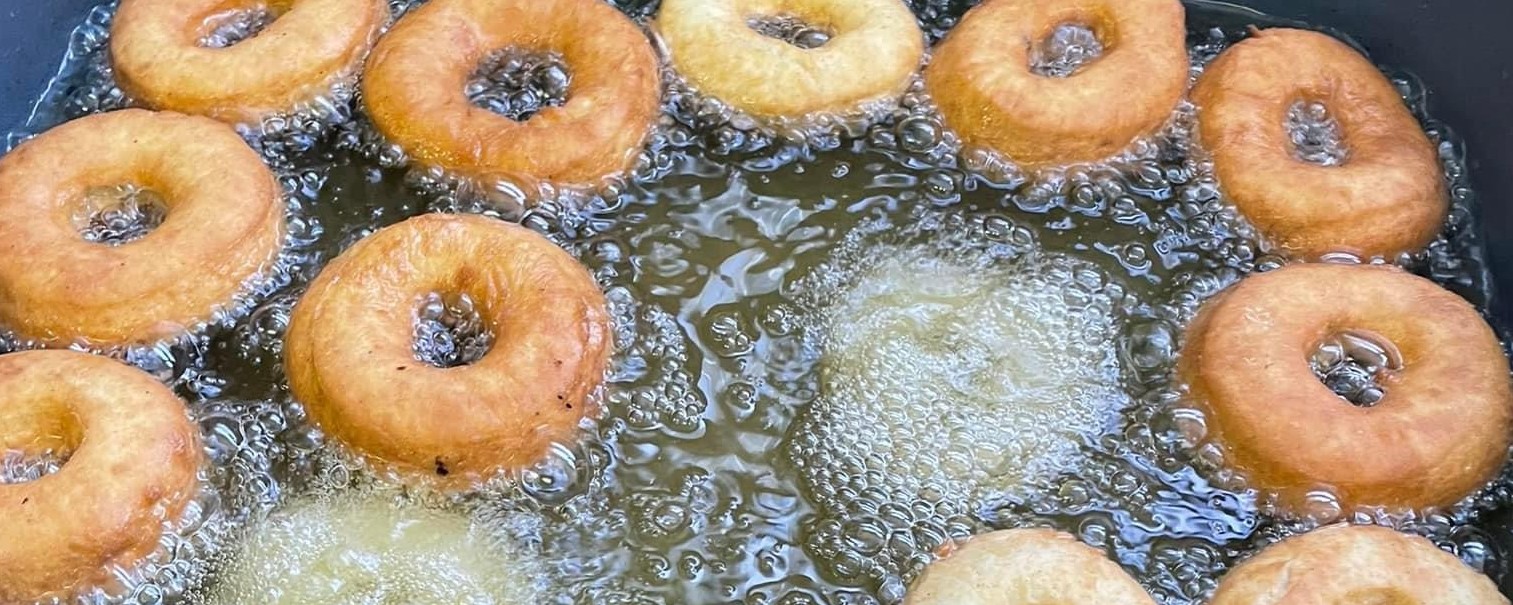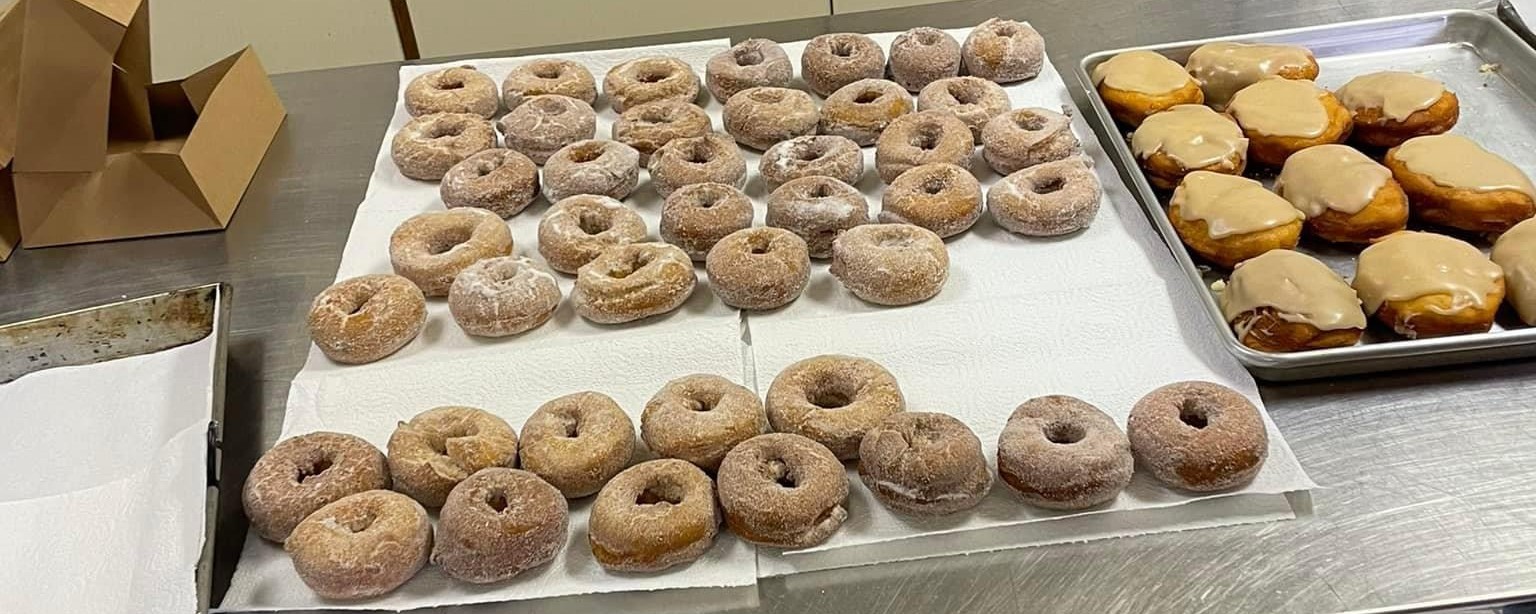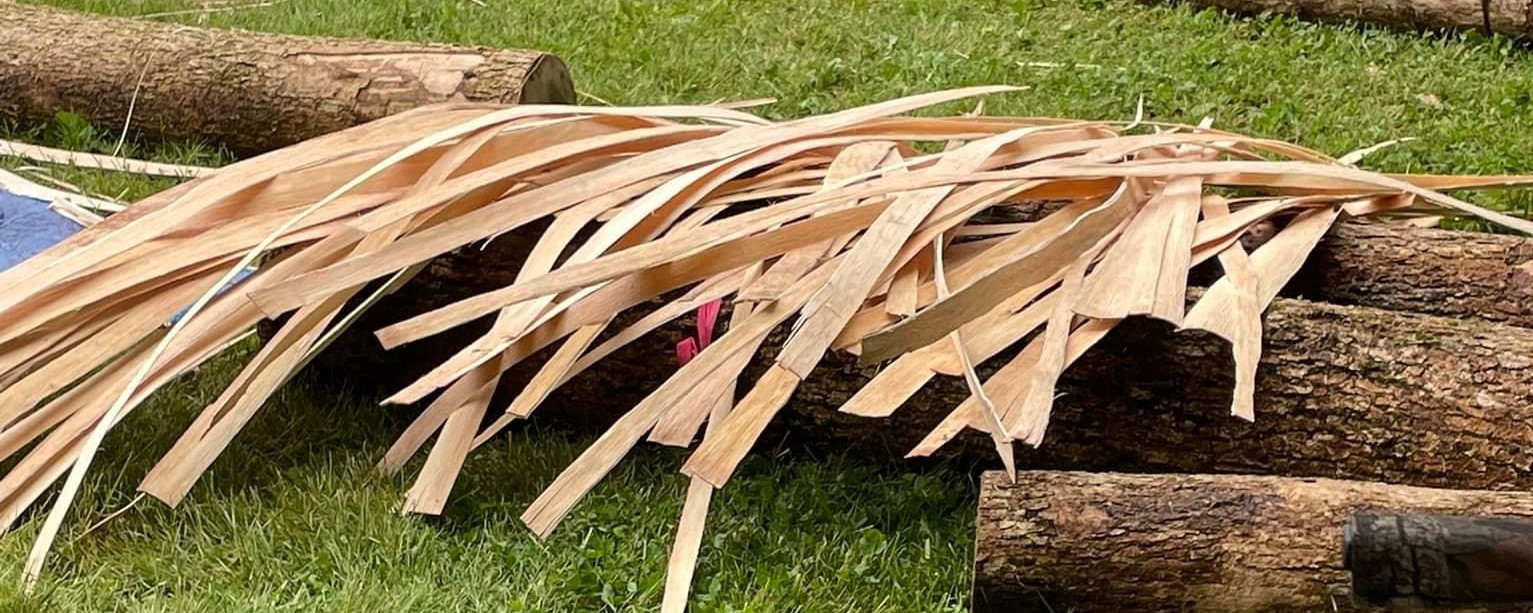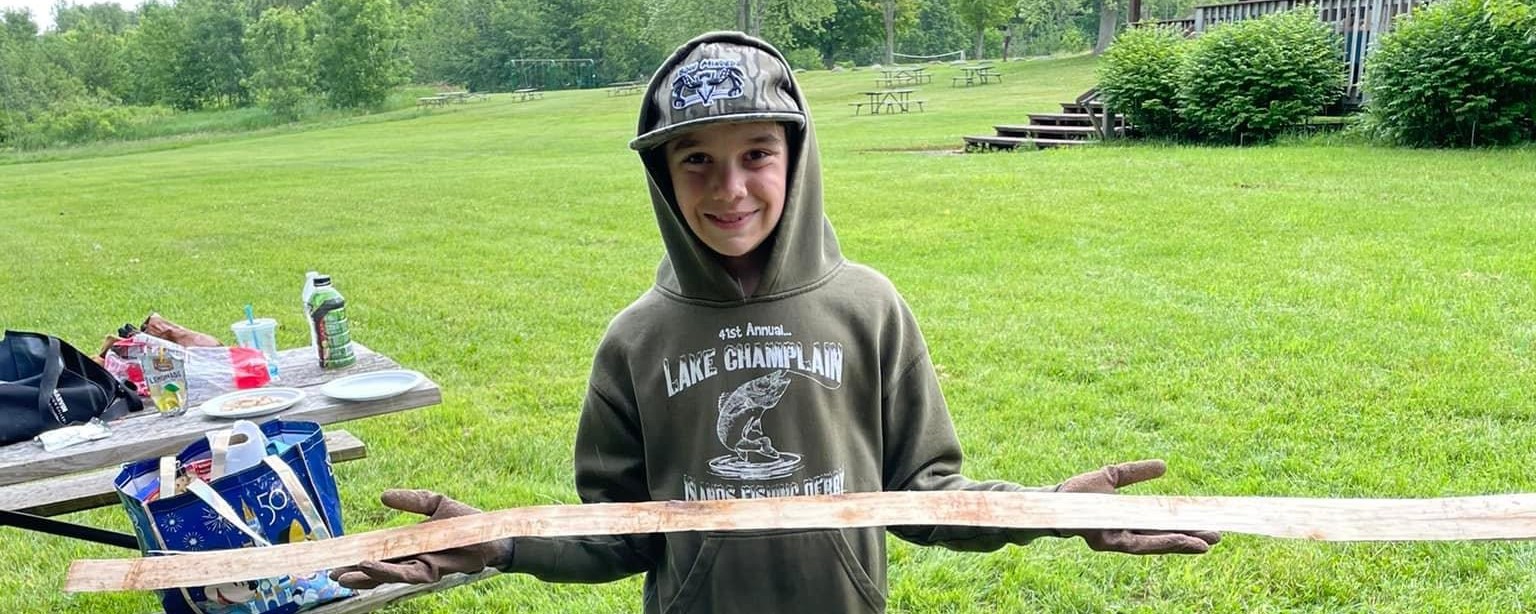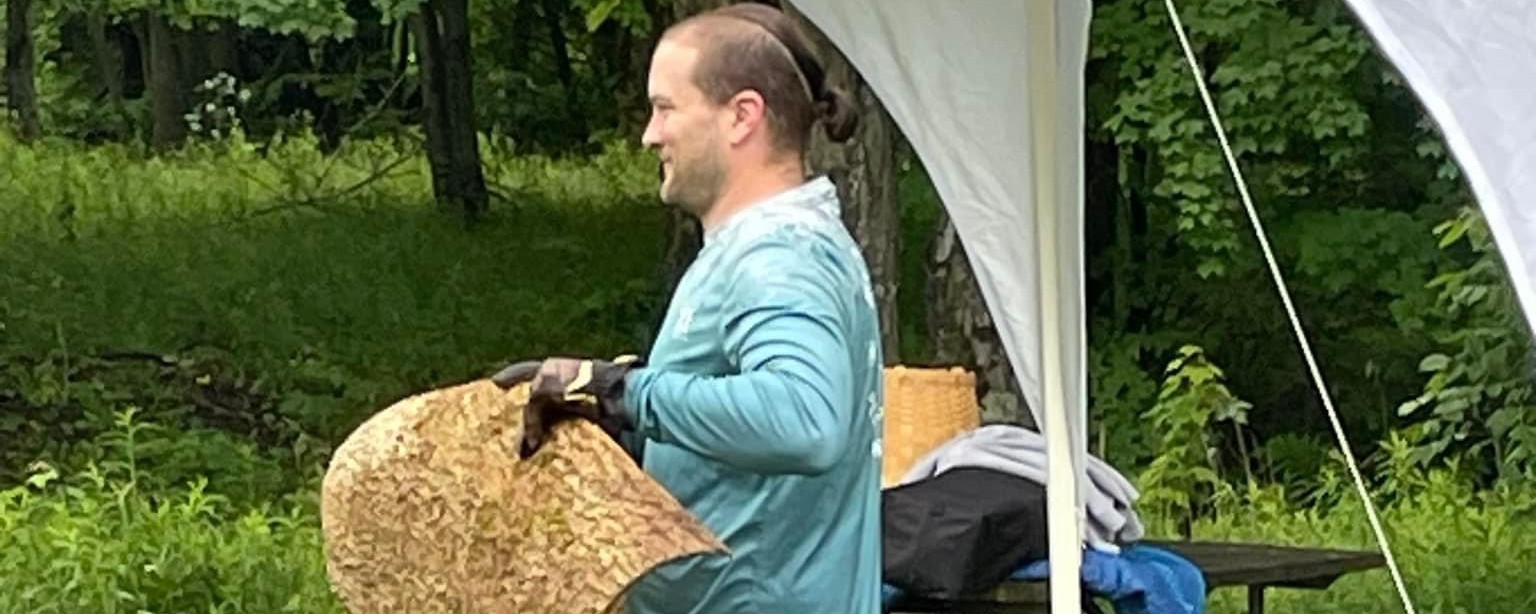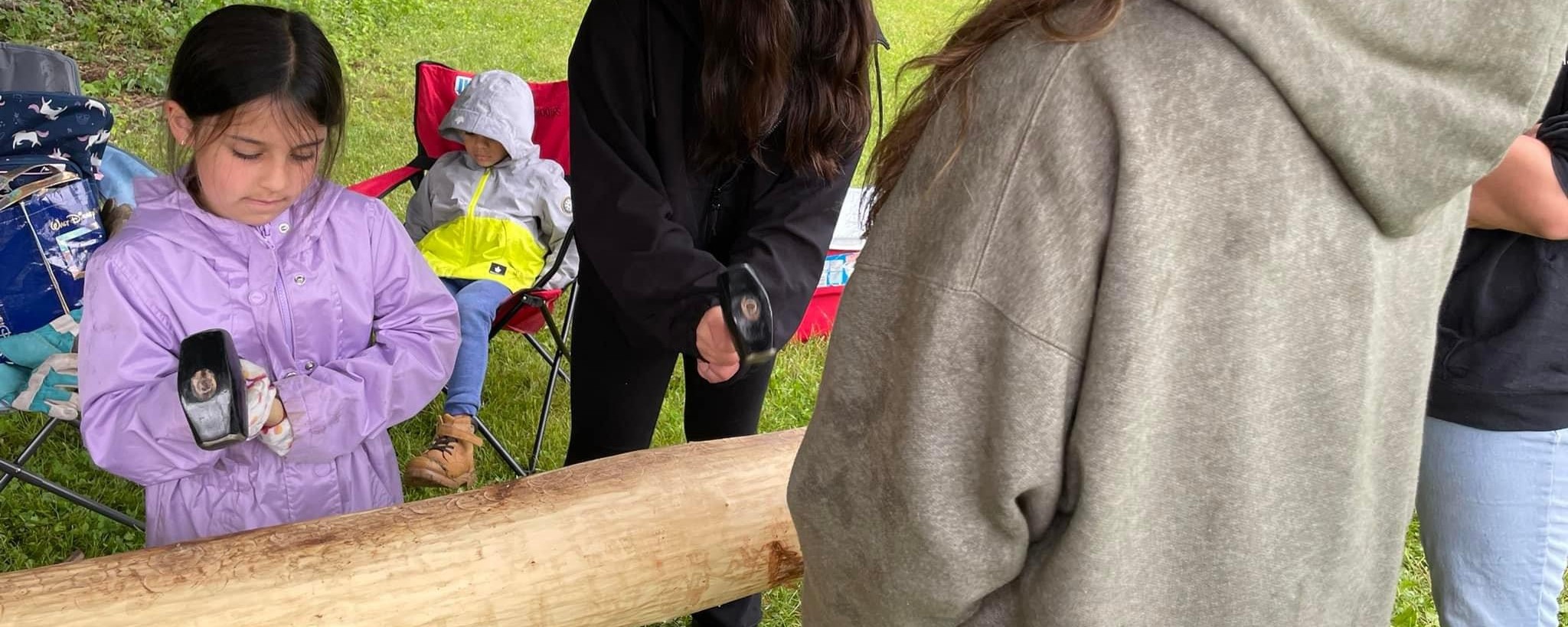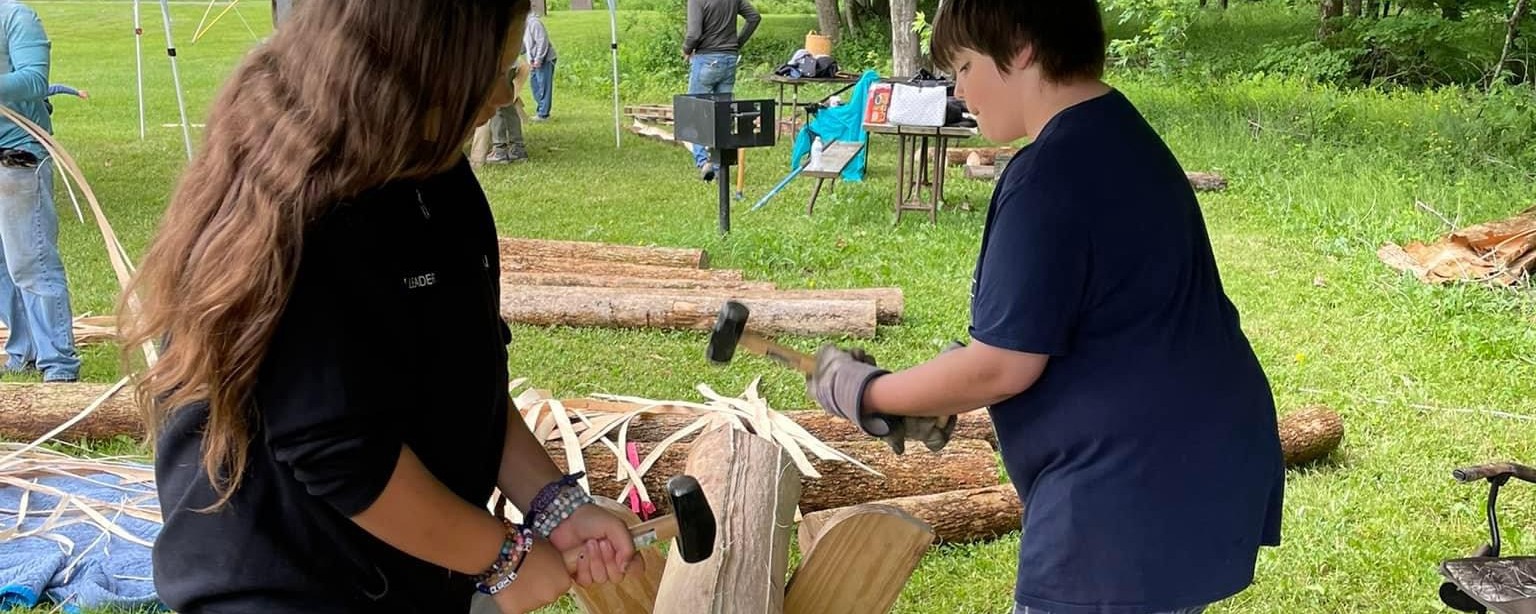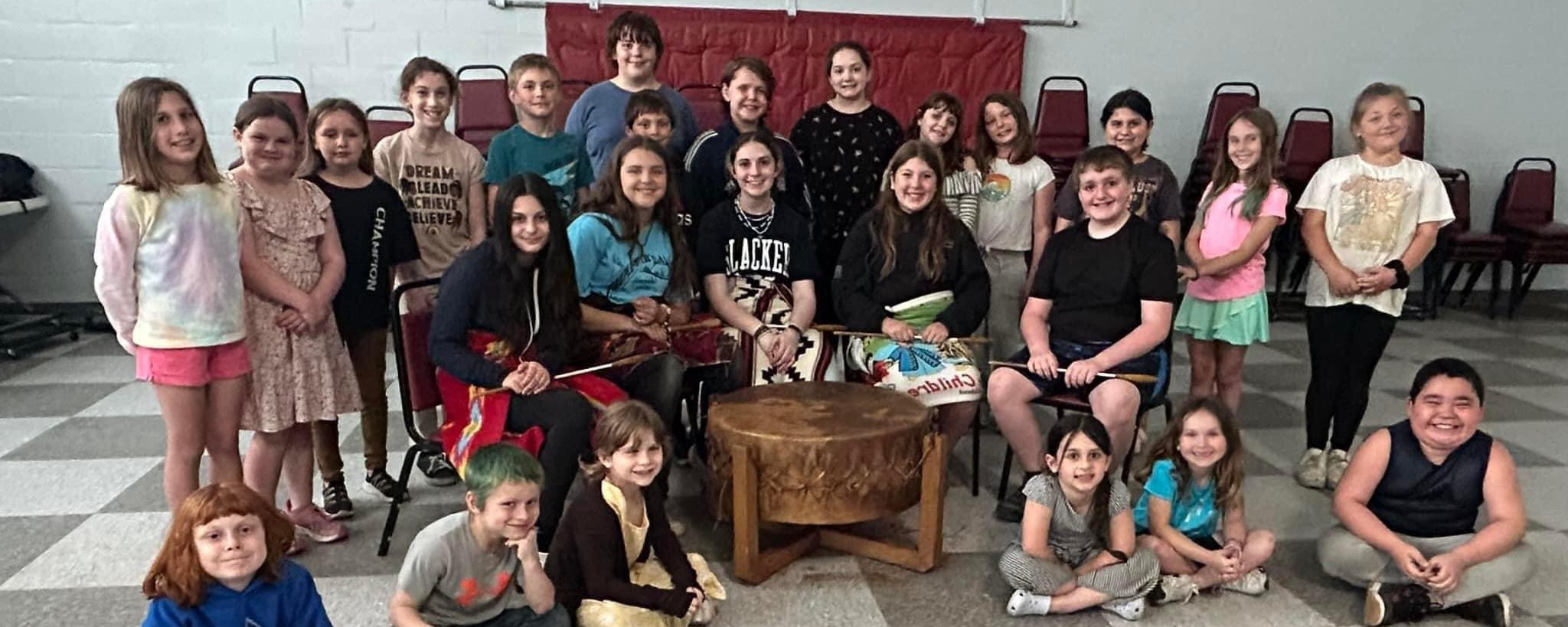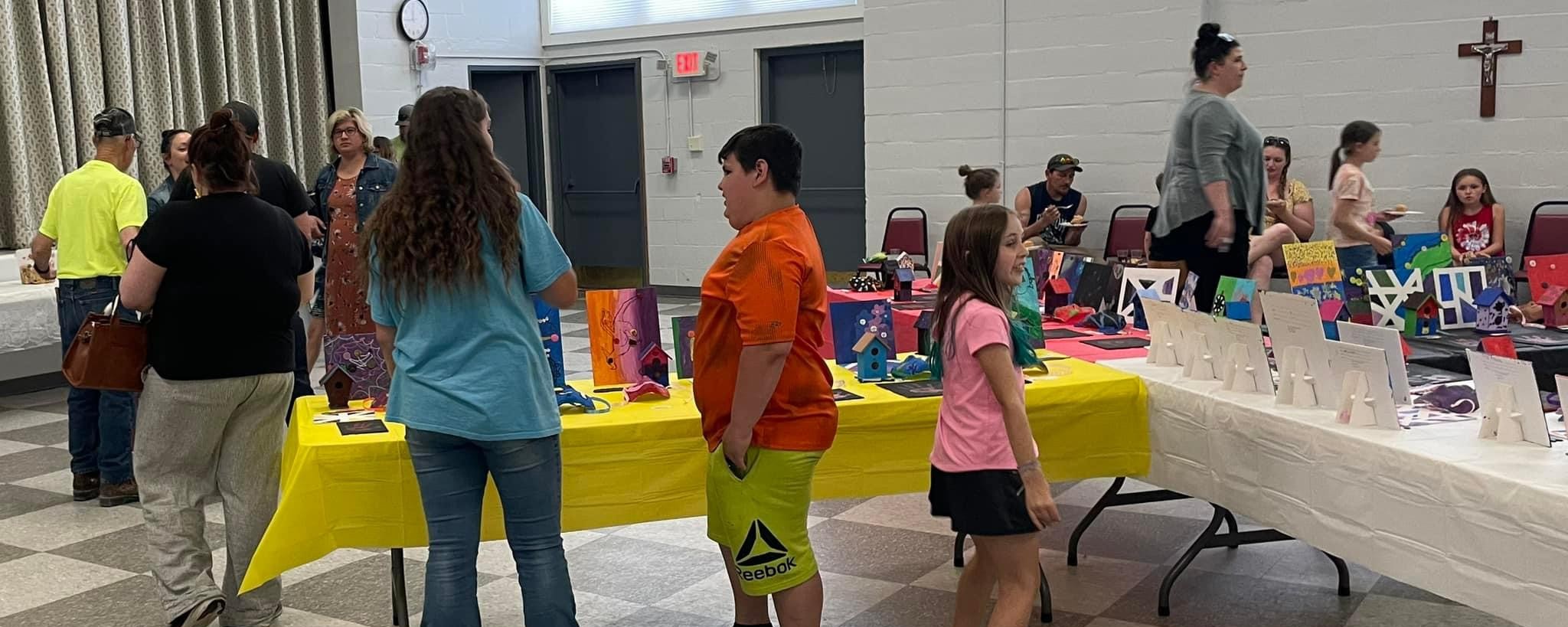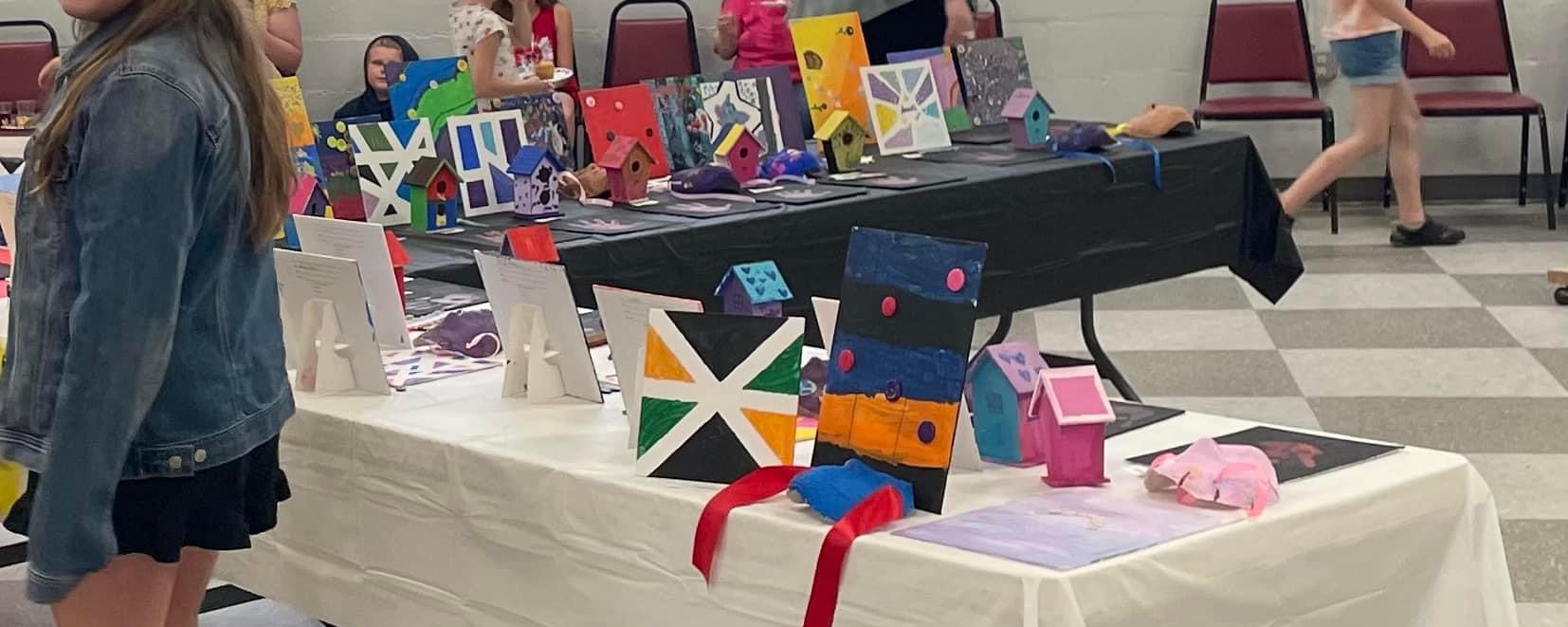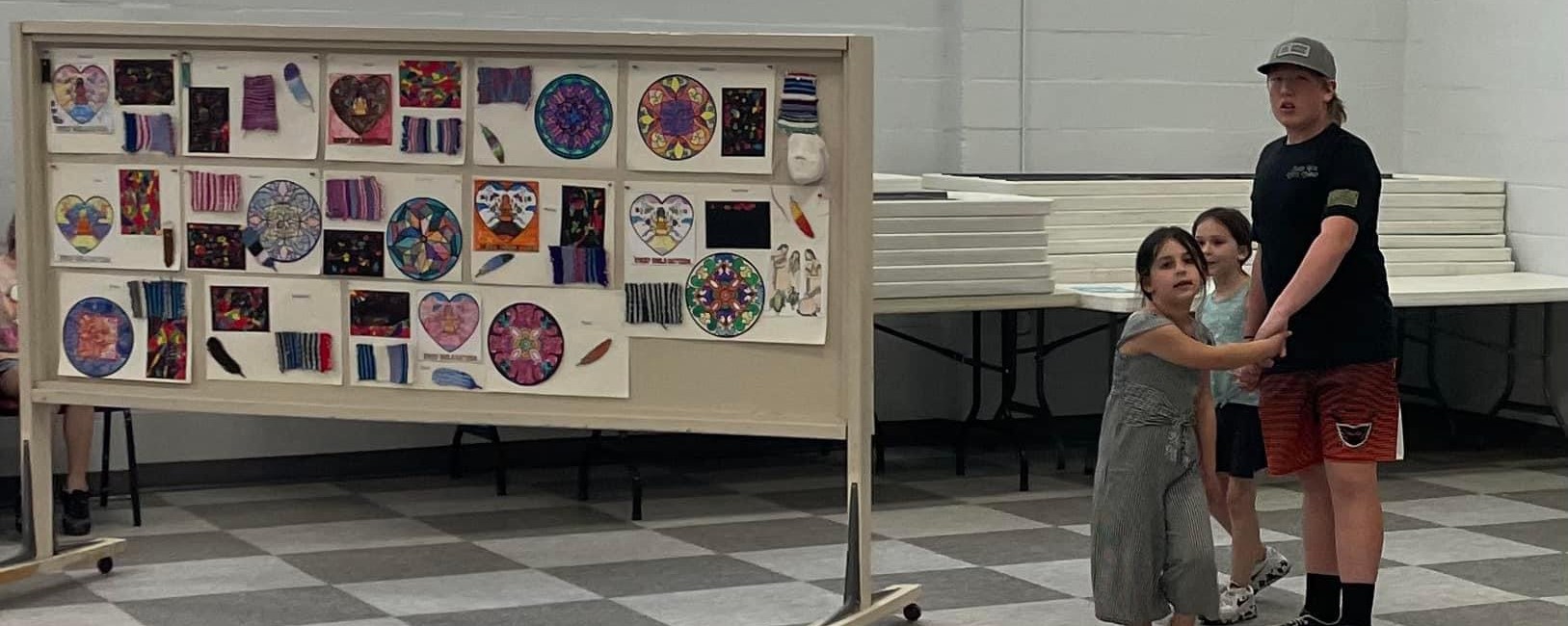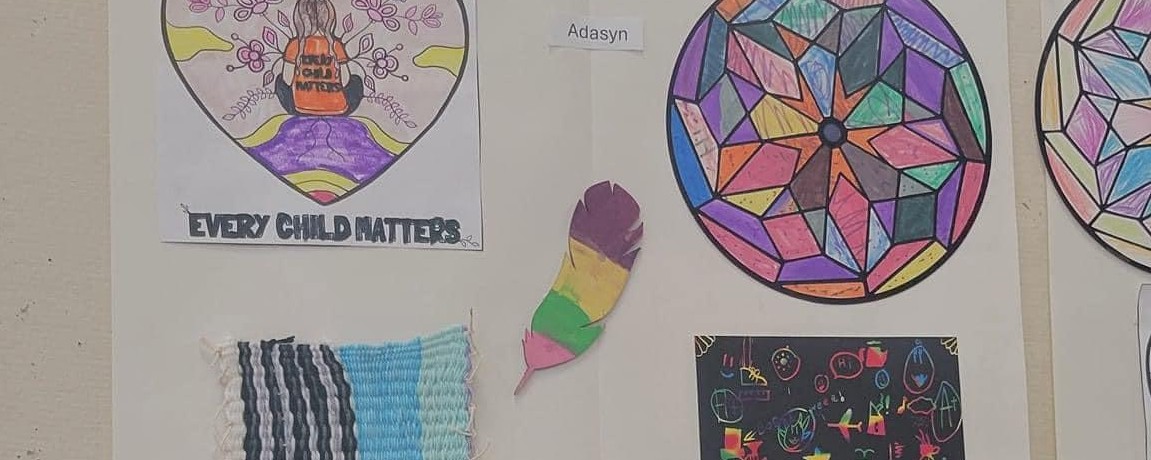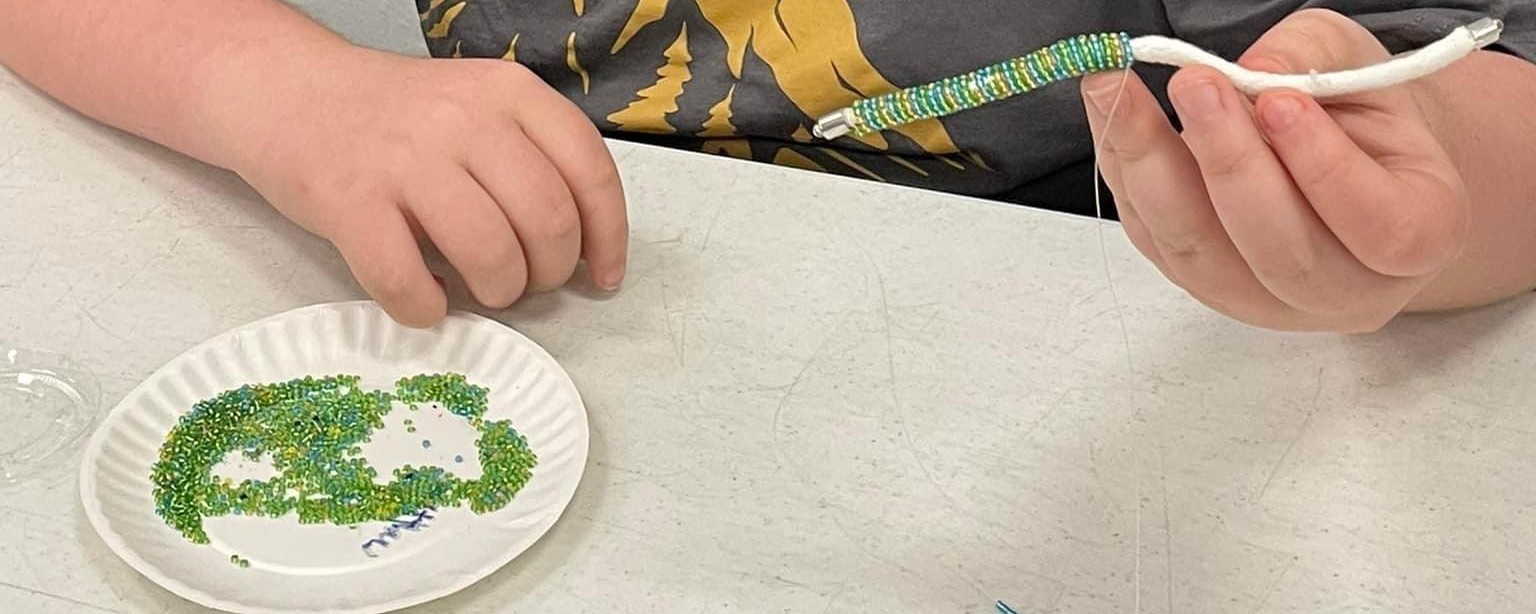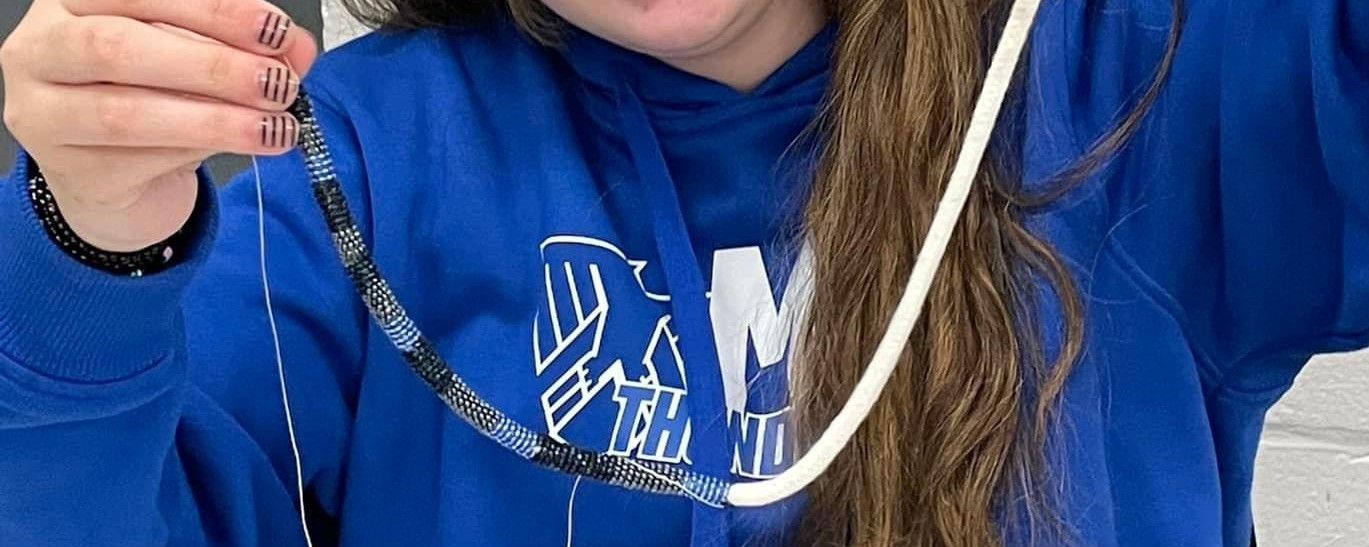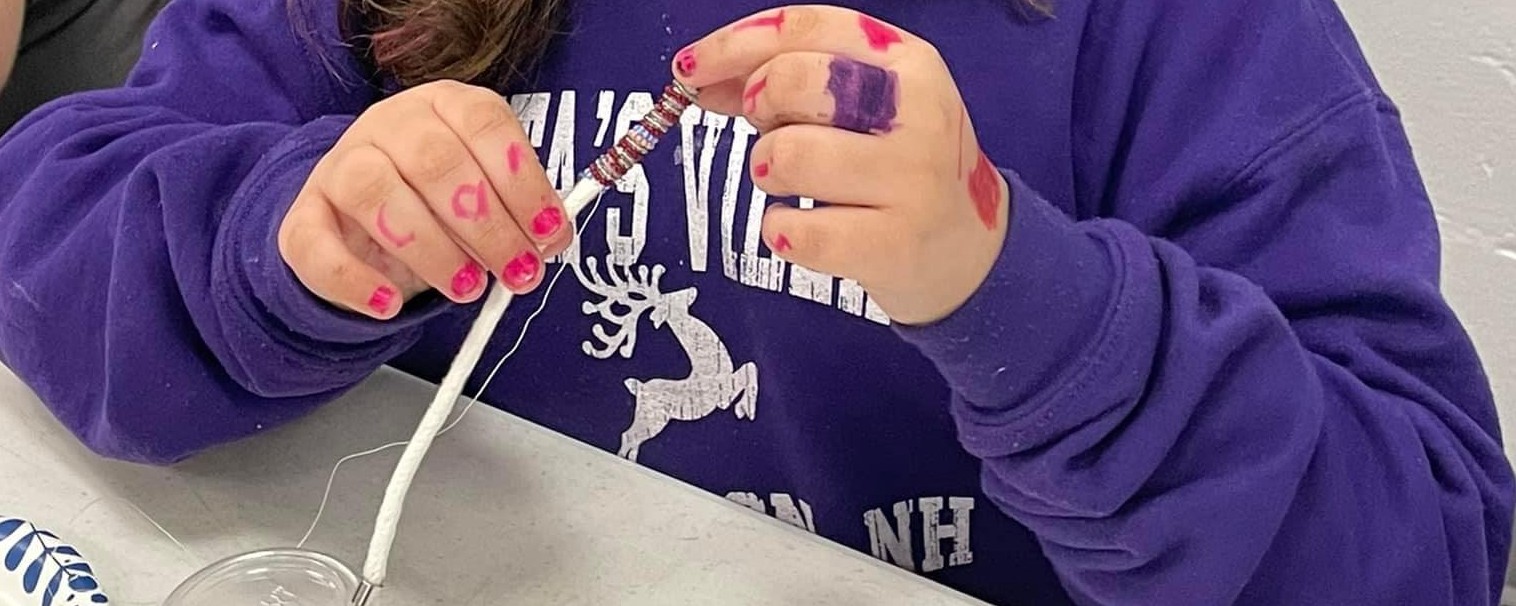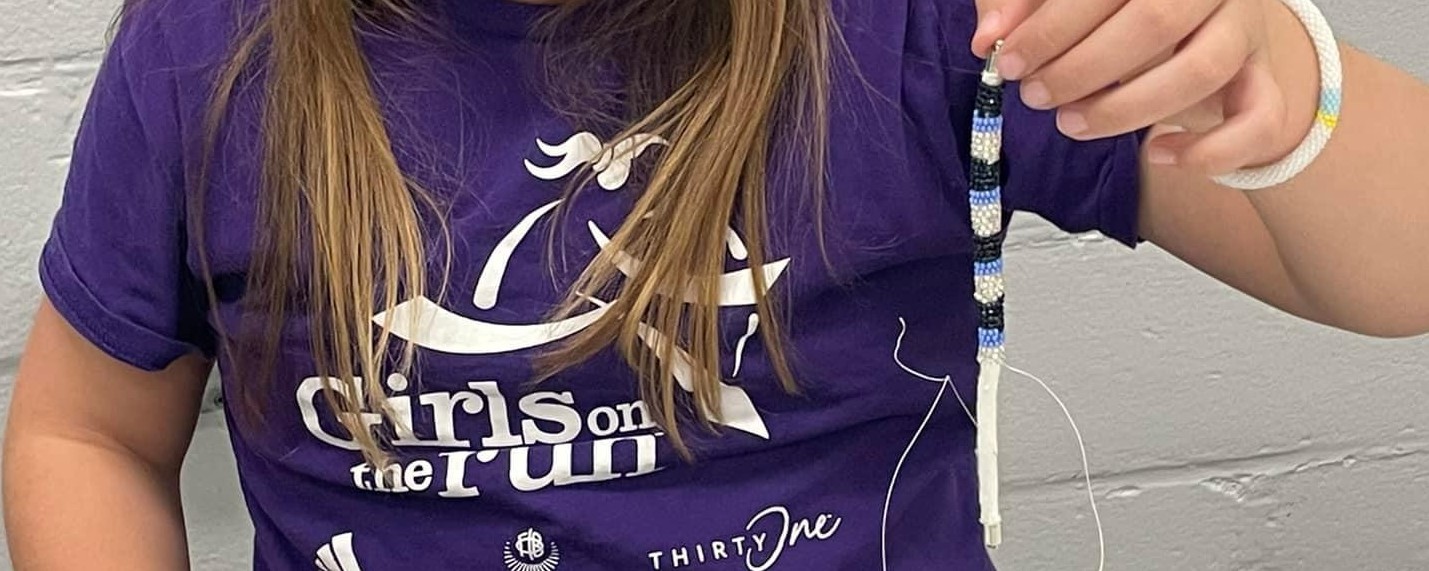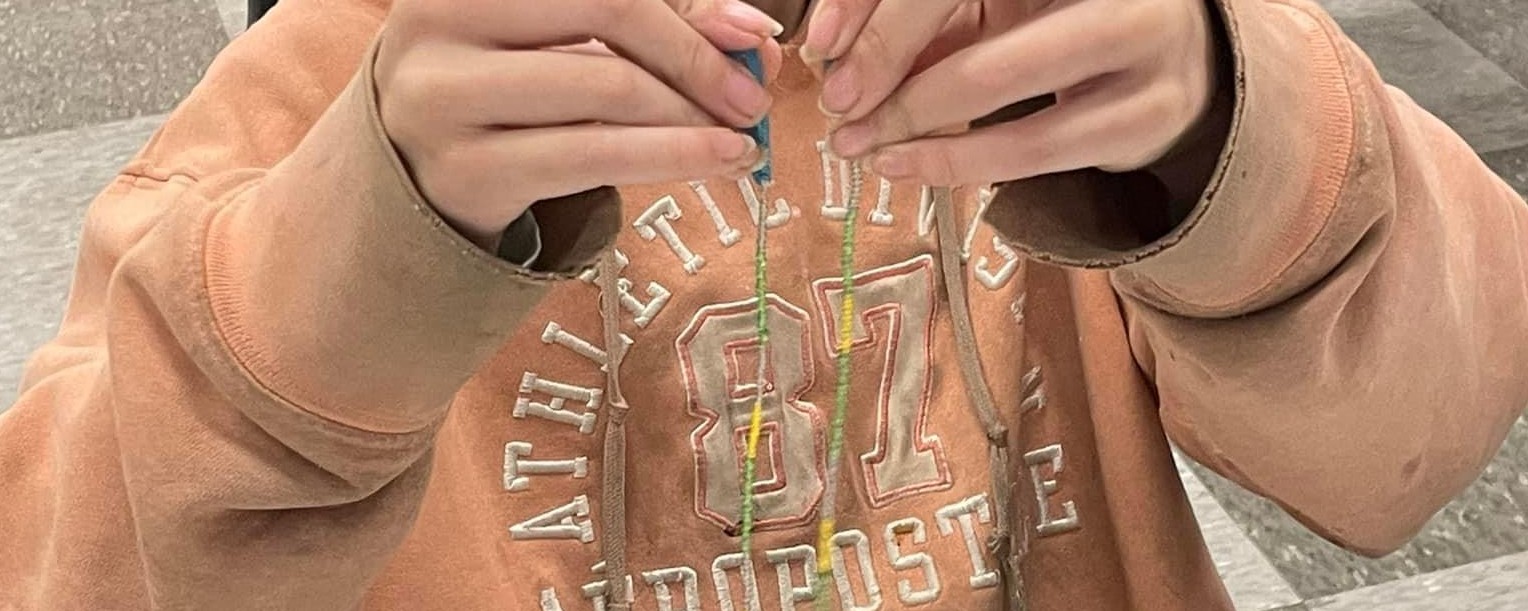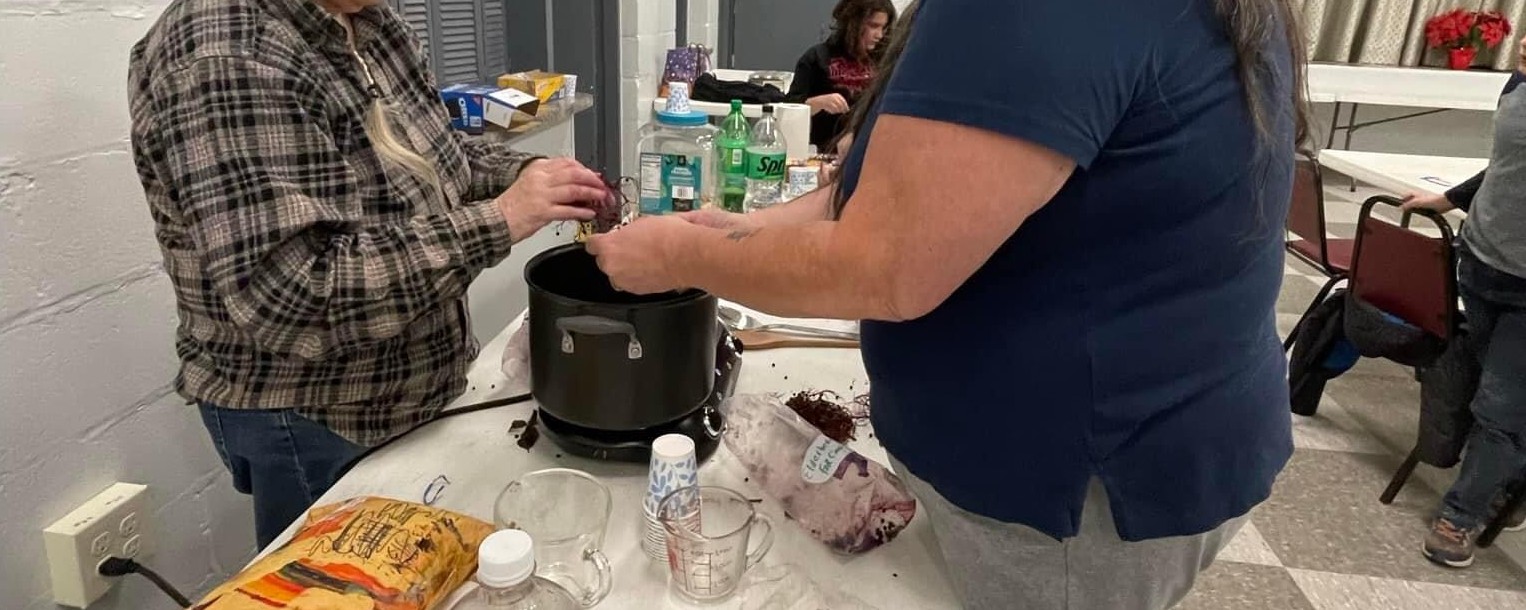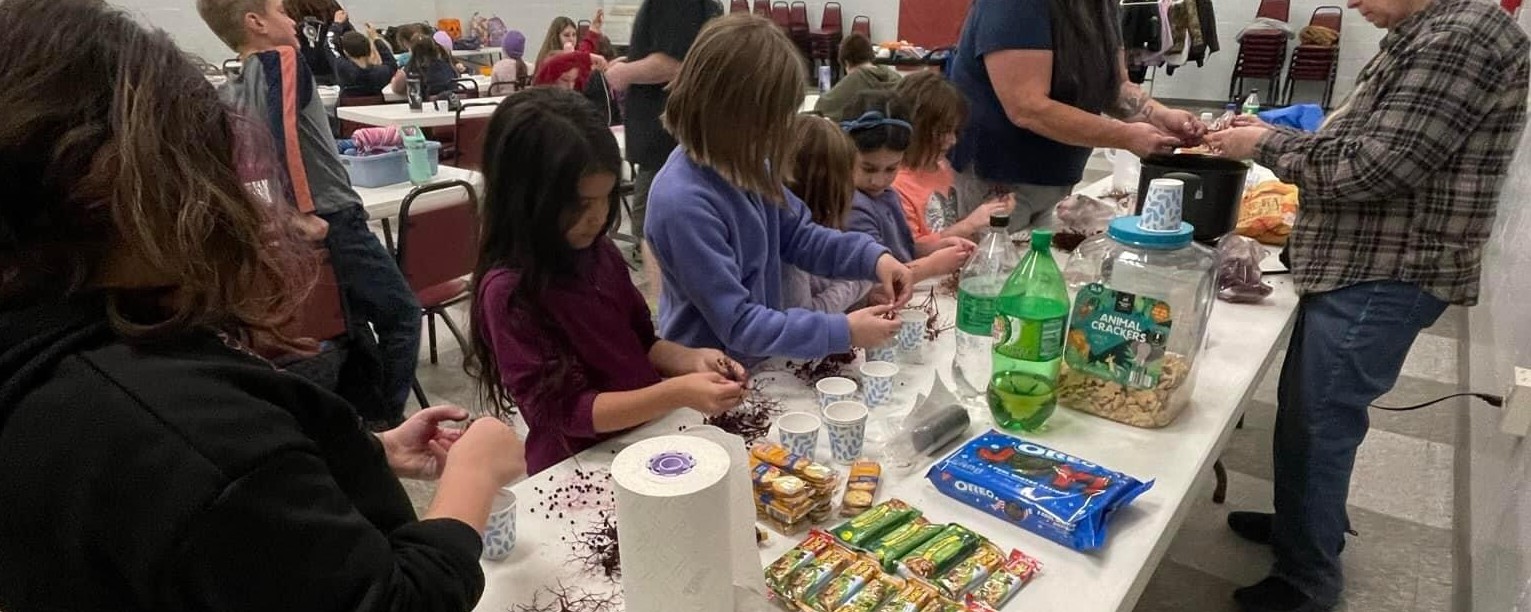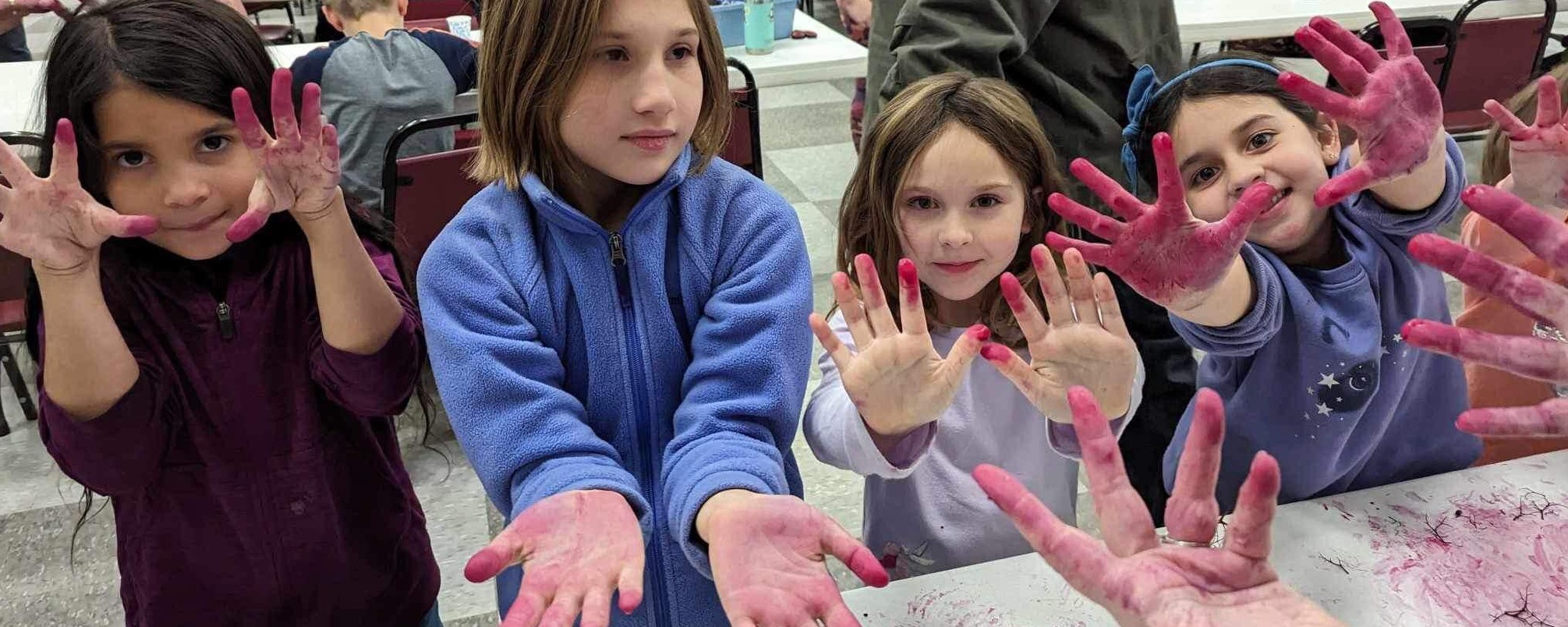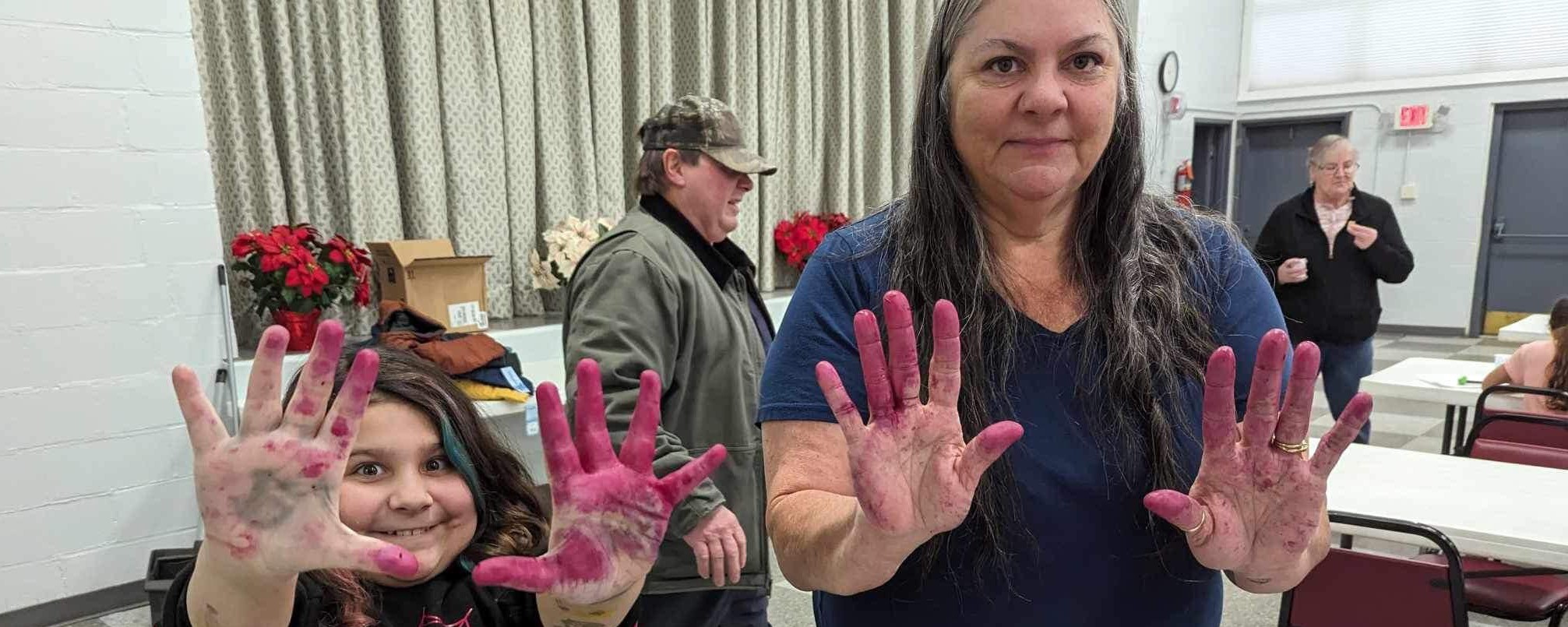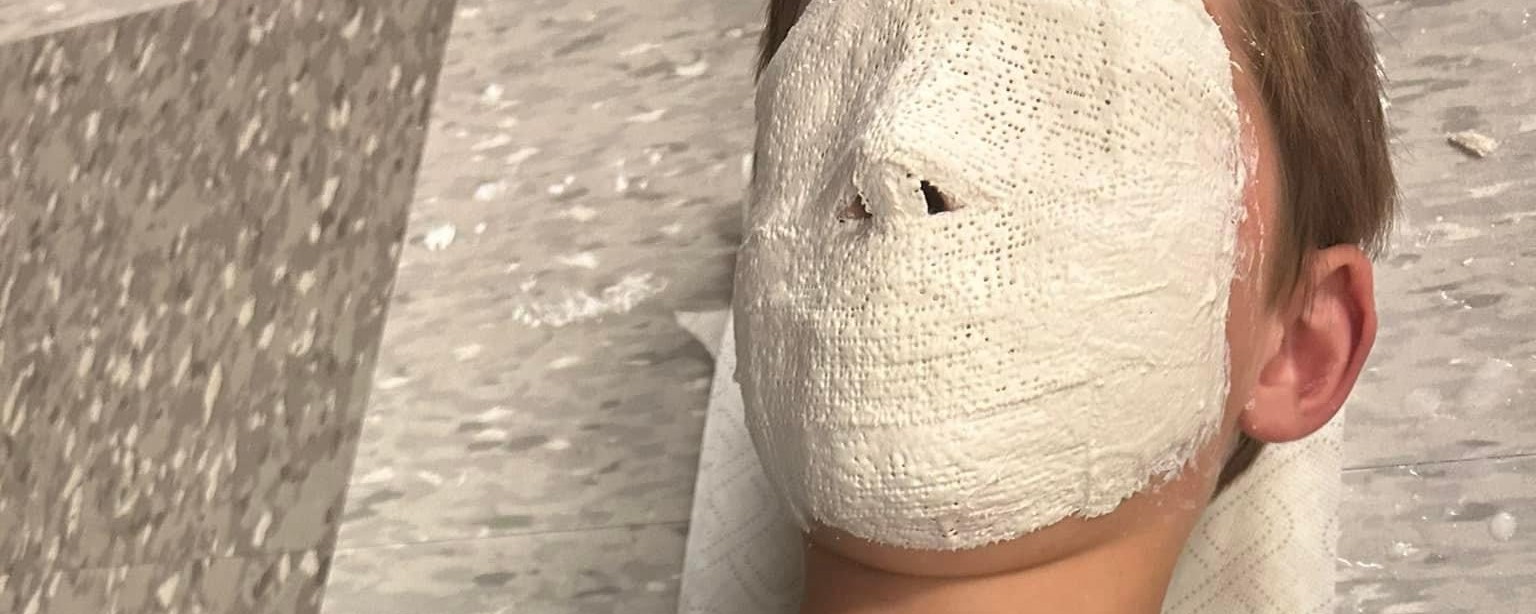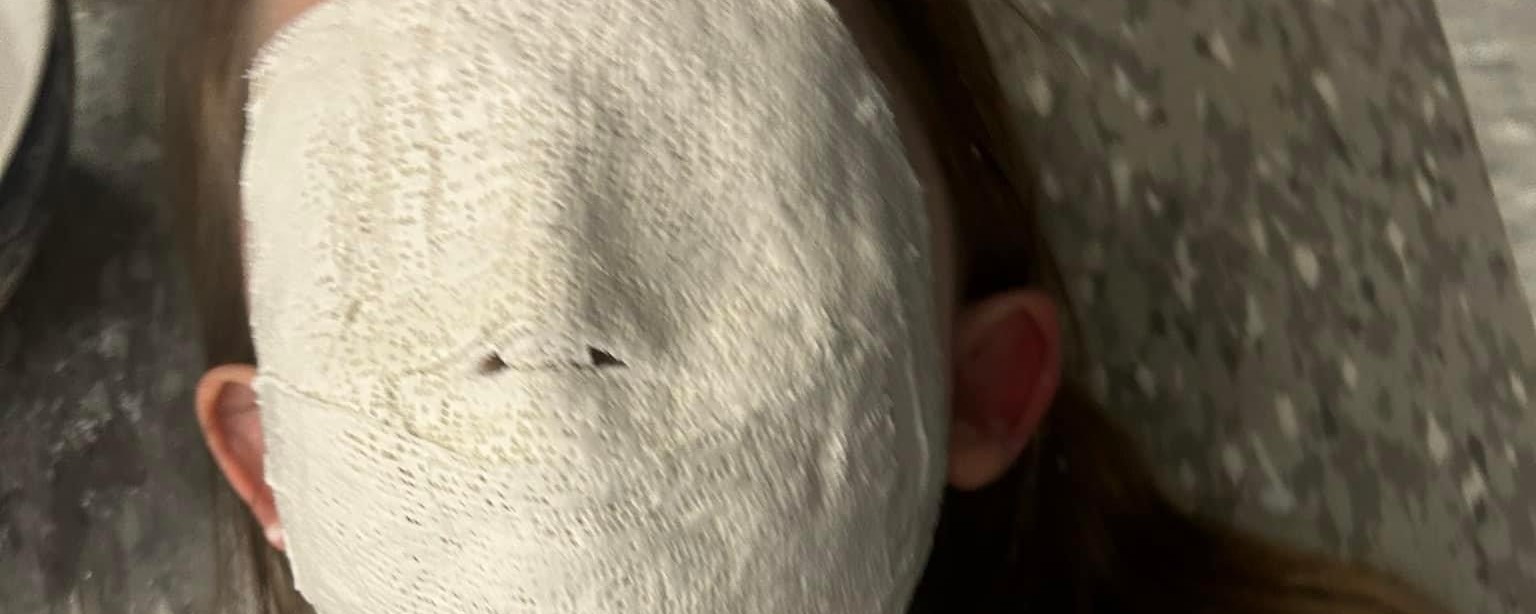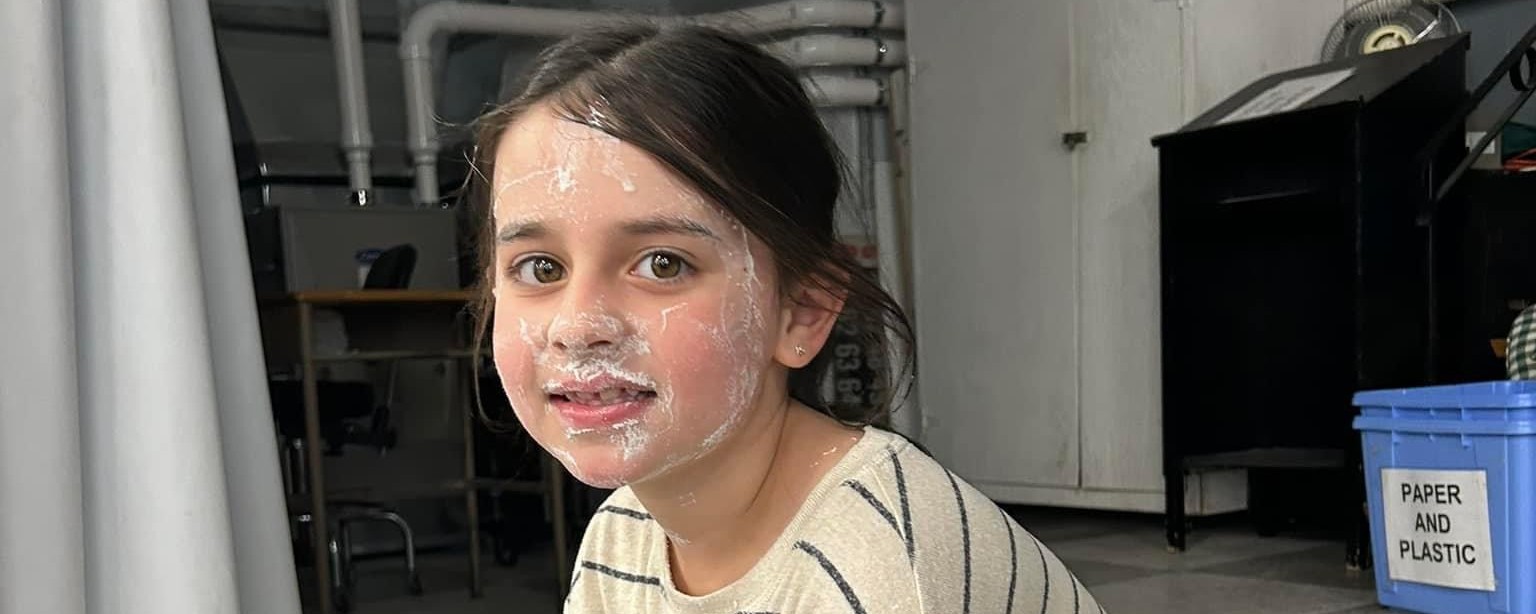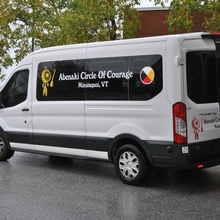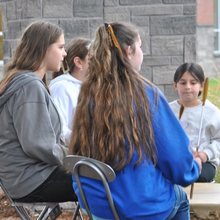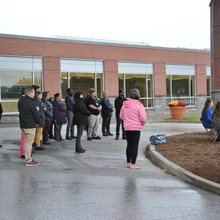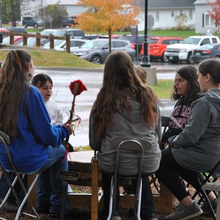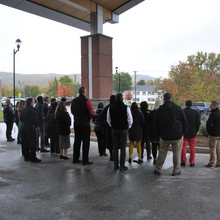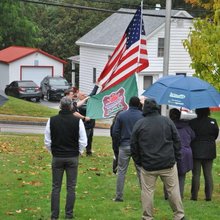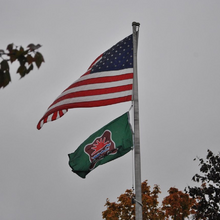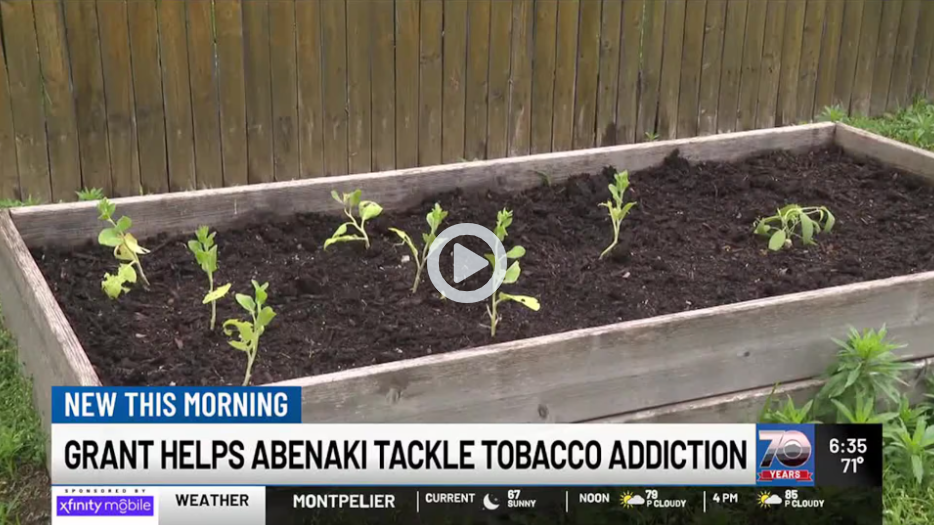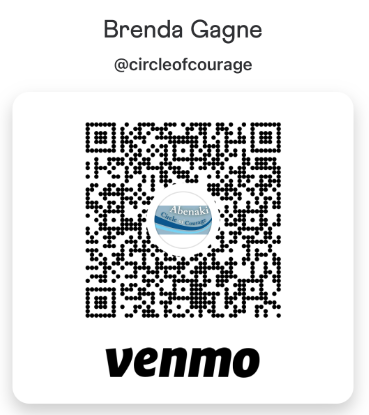
Abenaki Circle of Courage, Inc.
Abenaki Circle of Courage is an after-school and summer camp program designed to teach both native and non-native children about the Abenaki culture including native dance, flute, crafts, jewelry, drumming, songs, and foods. For the last 20+ years, we've had students come from Highgate, Swanton, Saint Albans, and Alburgh schools. The program draws on the writings of acclaimed Native Author Larry Brendtro who first introduced this holistic model that emphasizes empowerment and promotes self-worth. The Circle of Courage program approaches their work with children from an "at promise" paradigm, which is a strength-based approach, as opposed to conventional "at-risk" models. The program overall provides a framework for creating caring school communities in which our goal is that all students experience Inclusion, and the 4 values: Belonging, Generosity, Independence, and Mastery.
Working together to make a better life for our children
Core Values
While the Abenaki Nation of Missisquoi believe in the program's core tenets of Belonging, Generosity, Independence, and Mastery, these core values have been adapted to accommodate Abenaki believes about children.
This value refers to the need of individuals to feel that they are values, respected and protected members of a community. It refers to the need for individuals to feel at ease with and appreciated by the people in their life, including family, friends, and colleagues. Students with a sense of belonging are more likely to be caring, friendly, and cooperative.
This refers to the need for individuals to experience a sense of success or competence with respect to their environment. Mastery is not achieved through besting others, but rather through achieving personal goals or one's own personal best. It is assumed that everyone can achieve personal success through building on their areas of strength and striving for personal goals. There are many areas in which personal levels of success can be achieved and multiple ways to demonstrate it. Students who feel competent in their abilities are more likely to seek new learning, feel more creative, be willing to risk failure, and are more self-directed and persistent.
Generosity refers to the need of individuals to share with and serve others, and the feelings of self-worth and esteem that come from such endeavors. Through making positive contributions to the lives of others, students can increase their feelings of self-worth and self-esteem. Students who are taught the value of generosity are more likely to have well-developed social skills as they mature, are more likely to show concern for others, have close friends, grow up to be leaders or teachers, and be caring and supportive to the people in their community.
Finally, Independence refers to the need of individuals to feel in-control of themselves and their lives. It also refers to the need to take responsibility for their behavior and learning, to have meaningful choices, to set their own goals, to problem solve around their choices and goals, and to advocate for themselves. Students who are given a chance to feel independence are more likely to be confident, be assertive, be self disciplined, make their own decisions, and demonstrate leadership.

Here's a peek at some of the activities we've done so far!

Indigenous People's Day Flag Raising at Northwestern Medical Center

Abenaki Nation of Missisquoi tobacco education funding
Among the programs, Abenaki Circle of Courage deals with the issue of tobacco reduction. The outcomes are extremely positive and point to practices that may be beneficial wherever in life a child's health is an issue. Through a model that utilizes dance and other customs, students learn the difference between tobacco as a sacred herb used for ceremonies versus the social convention of cigarette smoking.
